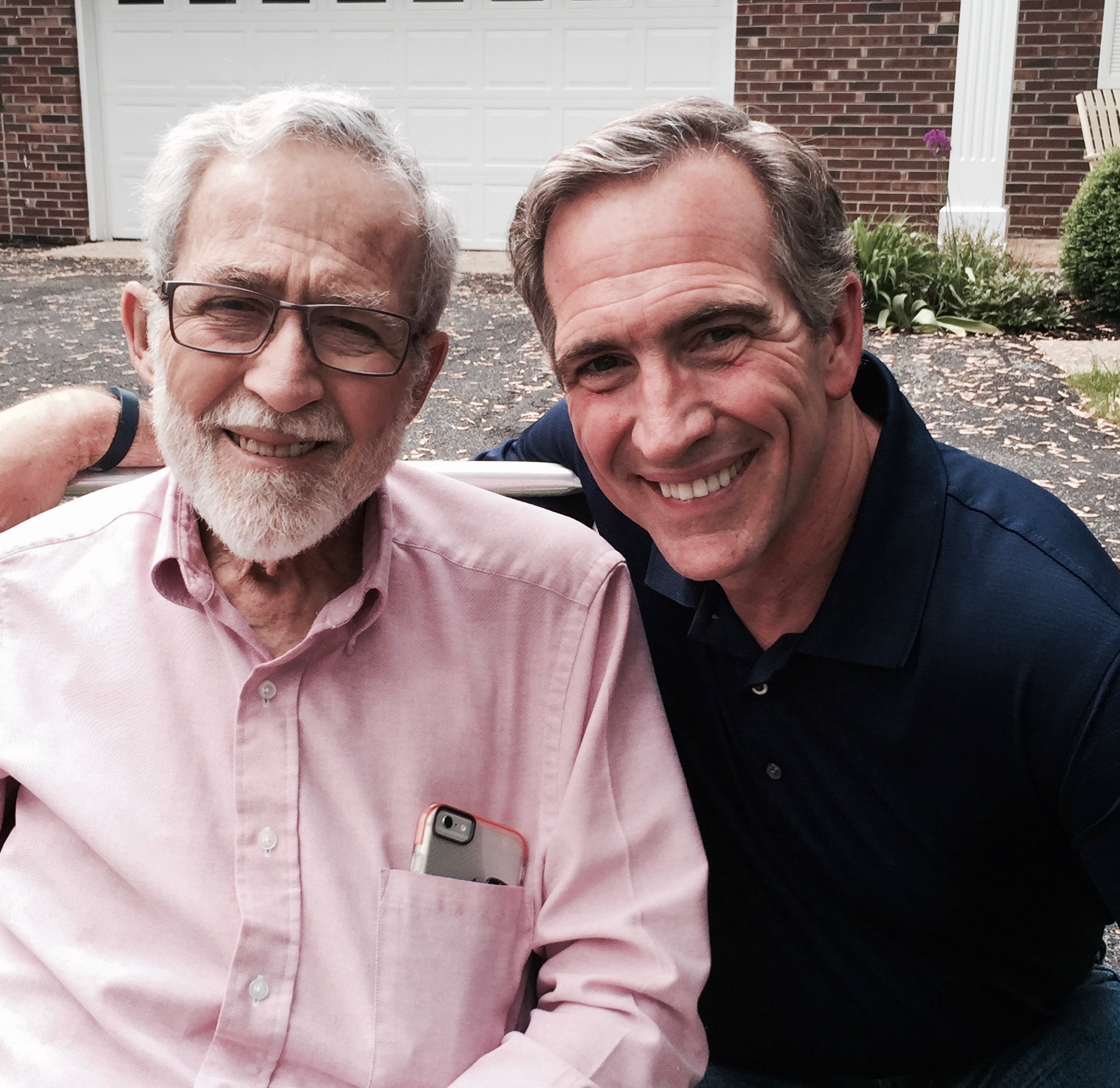
On April 24, 2016, Brad’s dad passed away. Immediately, our family was brought together in a time of grief and mourning.
Facing the loss of a loved one will be part of your life together as a couple. When we are speaking at a marriage conference, we regularly talk with couples who are or have walked through grief. It may be grief from a parent dying, a miscarriage, or loss through a traumatic event. But nearly every couple will go through a season of loss and grieving.
This certainly isn’t a comprehensive post on the many variations of loss. However, here are four things to keep in mind for yourself and perhaps share with others in need:
1. Grief is sensitive.
There can be a sense of shock when we learn a loved one is gone. Emotions are raw. Pain is at the surface. Within 24 hours decisions are being made that you weren’t expecting to make: travel plans, accommodations, packing a suitcase, arrangements with the funeral home, clothing for the loved one, planning the memorial service, and the list goes on.
In the midst of the stress, make a special effort to show grace to one another. Be understanding of what each of you is going through as you grieve. Speak kindly. Be gentle. Show patience.
2. Grief is shared.
Even though it was Brad’s dad who died, Heidi was carrying deep grief as well. She has known Brad’s dad since she was nine years old. It was important for Heidi to be attentive to her own need to grieve as she sought to bring comfort to Brad.
There are two extremes to look out for in shared grief. One extreme is to be so focused on yourself that you practically ignore your spouse’s grief.
The other extreme is to be so attentive to your spouse that you ignore your own pain. This suppressed pain will only manifest itself later in unexpected ways. It’s a delicate balance to grieve together, but with some self-awareness and mutual attentiveness it can be done with grace and love.
3. Grief is unique.
Everyone grieves differently. Your spouse may need time to just be alone with their thoughts and their tears. Or, they may want you to be with them so they can talk about memories, experiences, and emotions.
Your role is to be available. You might simply say, “I’m here for you. We’ll get through this together.” Perhaps you will just quietly hold their hand or put your arm around them and hold them close.
Here’s a caution: if your attempts to bring comfort don’t seem to hit the mark, don’t take it personally. Your spouse may be as unaccustomed to grieving as you are in meeting their needs in grief. Ask what might help the most, and then lovingly provide it out of respect and love.
4. Grief is spiritual.
The words of King David in Psalm 23 ring so true during a time of mourning. “Even though I walk through the valley of the shadow of death, I will fear no evil, for you are with me….”
Remind each other often that God is with you. God’s comfort and strength is yours right now. Even if the loss of life makes no sense through our human perspective, remind each other to keep your hearts anchored in God’s sovereignty.
Take time to pray together. Thank God for the life of the one for whom you grieve. Pray consistently for your spouse to have God’s peace and comfort as they journey through the sadness in the days and weeks to come.
If you walk the journey of grief together, you will see God knitting your hearts closer to each other and to him as you build your marriage.

